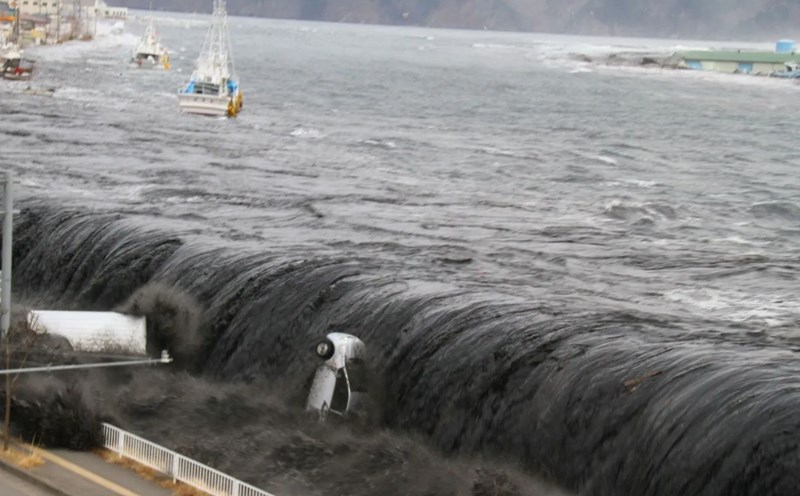The Ministry of Education and Training (MOET) has just announced a draft Circular guiding the functions, tasks, and powers of the Department of Education and Training under the People's Committees of provinces and centrally run cities and the field of education and training of specialized departments under the People's Committees of communes, wards, and special zones under provinces and centrally run cities on the Electronic Information Portal to collect comments.

The draft was developed to specify the provisions of Decree No. 142/2025/ND-CP regulating the division of authority of local authorities at two levels in the field of state management of the Ministry of Education and Training and Decree No. 143/2025/ND-CP regulating decentralization and delegation of authority in the field of state management of the Ministry of Education and Training. Compared to the current document, this draft has many notable adjustments.
Expanding the authority and scope of management of the Department of Education and Training
According to the draft Circular, the Department of Education and Training is assigned to advise the Provincial People's Committee to perform 7 tasks under the authority of the Minister of Education and Training, now decentralized to the Chairman of the Provincial People's Committee according to Decree 143/2025/ND-CP. The tasks include:
Recognize the province as meeting the standards for universal education at level 1 and level 2, eliminating illiteracy at level 1 for the province;
Allow the establishment of preschools and general education institutions managed by foreign diplomatic missions and intergovernmental international organizations;
Converting the type of preschool and general education institutions proposed by foreign diplomatic agencies and international organizations intergovernmental organizations to non-profit-making institutions;
Approving the joint organization of foreign language proficiency exams;
Issuing, extending, amending and supplementing decisions to allow the establishment of representative offices of foreign educational institutions in Vietnam;
Issuing, amending, supplementing, extending, reissuing, terminating operations, revoking the license to establish representative offices of foreign vocational training institutions and institutions in Vietnam;
Assessing the need to ensure conditions for organizing the teaching of ethnic minority languages.
Notably, the Department of Education and Training is assigned to carry out all recruitment, management, use, reception, transfer, secondment, transfer, appointment, promotion of professional titles, change of professional titles, training, fostering and evaluating the team of teachers, management personnel, civil servants and employees in all public educational institutions in the province according to the provisions of Decree No. 142/2025/ND-CP.
Previously, for preschool, primary and secondary schools, these tasks were carried out by the District People's Committee and the Department of Education and Training.
Adding two new tasks to the Chairman of the People's Committee at the commune level
The draft Circular also specifically stipulates the advisory role of the specialized department of education and training under the Department of Culture and Social Affairs at the commune level in performing state management tasks of education for educational institutions in the area.
Notably, the draft has added two new tasks that were previously, according to the provisions of Decree No. 142/2025/ND-CP of the Government, not assigned to the Chairman of the People's Committee at the commune level. Specifically:
Firstly, advise and submit to the Chairman of the People's Committee at the commune level to decide on recognition, appointment, reappointment, extension of working time to retirement age, dismissal, ceasing to hold positions, secondment, changing job positions, reward and discipline the head and deputy head of public educational institutions under their management.
Second, advise and submit to the Chairman of the People's Committee at the commune level to decide on the establishment of the school council; recognize, appoint, and dismiss the Chairman of the school council; supplement and replace members of the school council at public educational institutions. At the same time, advise on the decision to recognize or not recognize the school council, Chairman, Vice Chairman of the school council, principals, and vice principals at private educational institutions in accordance with the standards for titles and legal procedures prescribed.
Clearly defining the scope of consultation and limiting the authority of the commune level is a necessary step to perfect the decentralization mechanism in education management, contributing to improving the effectiveness and efficiency of policy implementation at the grassroots level.











